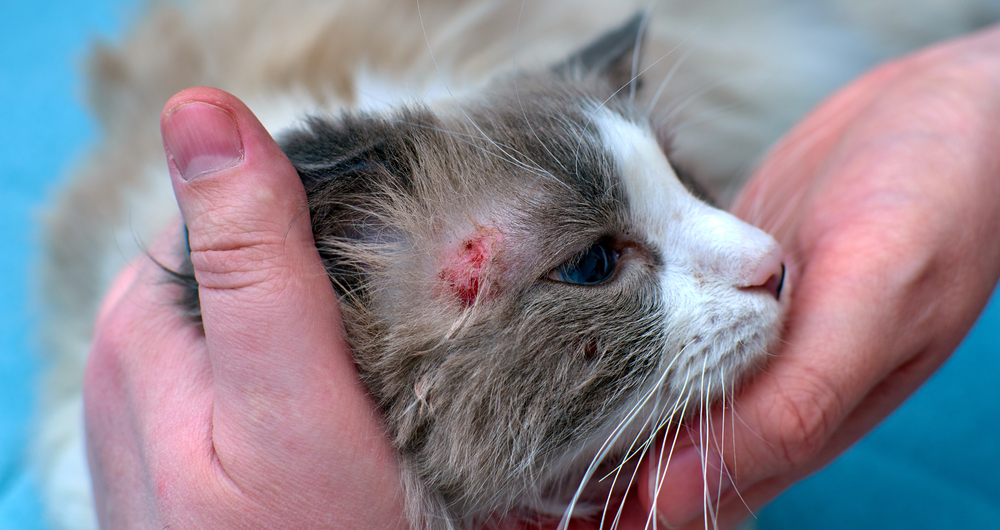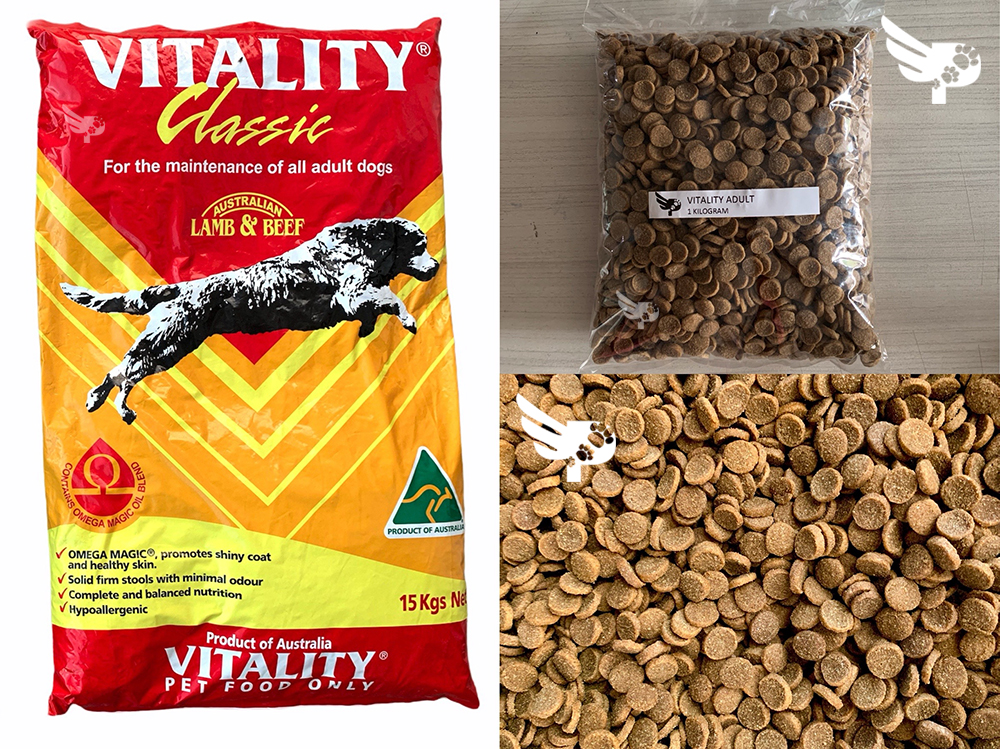Cats can be prone to a variety of skin allergies that can cause discomfort and distress for both them and their owners. These allergies can result from various factors, including environmental triggers, food sensitivities, or even genetic predisposition. While it’s crucial to consult your veterinarian for a proper diagnosis and treatment plan, there are several home remedies you can try to alleviate your cat’s skin allergies and provide them with some relief.
Home Remedies to Help with Your Cat’s Skin Allergies
- Oatmeal Baths
Oatmeal is well-known for its soothing properties, making it a go-to remedy for itchy and irritated skin in cats. To create an oatmeal bath, grind plain, unflavored oatmeal into a fine powder and mix it with lukewarm water until it forms a thick, paste-like consistency. Gently apply the paste to your cat’s affected areas and leave it on for about 10-15 minutes before rinsing it off with warm water. Oatmeal can help calm itching and reduce inflammation.
- Apple Cider Vinegar Rinse
Apple cider vinegar (ACV) is a versatile home remedy known for its antibacterial and anti-inflammatory properties. To use ACV for your cat’s skin allergies, dilute it with water in a 1:1 ratio and use a spray bottle to apply the mixture to your cat’s affected areas. Make sure to avoid any open wounds or sensitive areas. ACV can help restore the skin’s natural pH balance and alleviate itching.s of a Skin Allergy in Cats
- Coconut Oil
Coconut oil is a natural moisturizer that can be beneficial for cats with dry, irritated skin caused by allergies. Gently massage a small amount of organic, unrefined coconut oil onto the affected areas of your cat’s skin. The oil can help hydrate the skin, reduce itching, and promote healing. Ensure your cat doesn’t ingest too much coconut oil by using it sparingly.
- Aloe Vera Gel
Aloe vera has soothing and anti-inflammatory properties, making it an excellent natural remedy for irritated skin. Ensure the aloe vera gel you use is pure and free from added chemicals or fragrances. Apply a thin layer of aloe vera gel to your cat’s affected areas and let it air dry. Be cautious to ensure your cat doesn’t ingest the gel when grooming.
Read More: Factory reset
- Fish Oil Supplements
Omega-3 fatty acids found in fish oil supplements can help manage inflammation associated with skin allergies in cats. Consult your veterinarian for the appropriate dosage and type of fish oil supplement for your cat’s specific needs. These supplements can be added to your cat’s food to improve their overall skin health.
When to go to the vet
If you have tried the above home remedies and your cat’s skin condition has not improved, or the condition has progressed to the point of open sores, lesions, skin infections and extensive hair loss. Prompt consultation with your veterinarian is vital
How Veterinarians Treat Cat Skin Allergies
The first step in diagnosing a cat’s skin allergy is a thorough physical examination by a veterinarian. They will inspect the cat’s skin, fur, and any affected areas for signs of irritation, inflammation, redness, bumps, or lesions. Depending on the suspected cause, veterinarians may recommend allergy testing. This can include blood tests, intradermal skin testing, or patch testing to identify specific allergens.
Treatment:
Flea Control (Puainta): If fleas are suspected as the cause, effective flea control measures are essential. Regular use of flea preventatives and maintaining a flea-free environment is crucial.
Diet Modification: In the case of food allergies, the veterinarian may recommend an elimination diet to identify the allergenic ingredients. This typically involves feeding the cat a novel protein source or hypoallergenic prescription diet.
Allergy medicine for cats: Depending on the severity of the skin allergies and the cat’s response to allergen avoidance, the veterinarian may prescribe medications to alleviate symptoms. These may include: Antihistamines and Steroids.
Topical Treatments: Shampoos, creams, or sprays containing medicated ingredients can be used to soothe irritated skin or manage localized lesions.
Immunotherapy (Allergy Shots): In some cases, especially when specific allergens are identified through testing, allergen-specific immunotherapy may be considered. This involves regular injections of small amounts of the allergen to desensitize the cat’s immune system over time.
Conclusion
Skin allergies in cats can be distressing for both the pet and their owner, but with the right care and home remedies, you can help alleviate their discomfort and improve their quality of life. Always consult with your veterinarian to diagnose the underlying cause of your cat’s skin allergies and to develop an effective treatment plan. In addition to professional guidance, these home remedies can provide some relief and comfort for your feline friend, ensuring they lead a happy and itch-free life.










